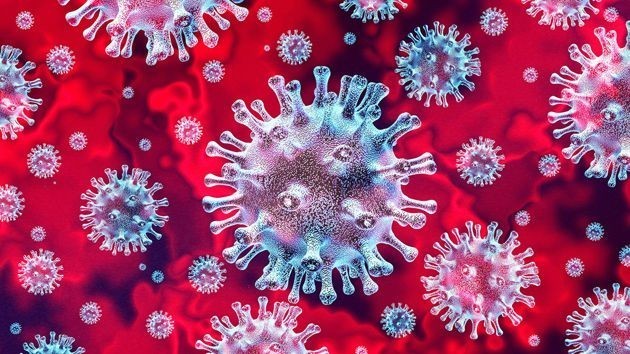Does loss of Biodiversity by businesses cause Covid 19?
Biodiversity is the infrastructure that supports all life. The immense pressure plastics are having on the oceans, along with the disappearance of rainforests, and land clearing for agricultural purposes, have all contributed to biodiversity loss and species extinction. All these issues have resulted in many years of human overexploitation of our planet and are recognised to be causing the sixth extinction period the planet is currently experiencing. Humans disrupt ecosystem when cutting the trees, killing animals or caging them and sending them for human consumption. As a result, viruses have lost their hosts and looking for new hosts that ultimately transfer to human beings (Quammen, 2020). As a result, it is humanities destruction of biodiversity that creates the conditions for new viruses and diseases such as Covid-19.
Learning from Coronavirus and awareness about mitigating risks:The risk of transmitting diseases from animals to humans is always possible. However, it is our interactions with that risk which must be changed (Vidal, 2020). We are in an era now of chronic emergency as diseases are more likely to travel further and faster than before, which means we must be faster in our responses. It needs investment, change in human behaviour, and it means we must listen to people at community levels. The solutions should start with education and awareness, we must make people aware things are different now. The bottom line is to be prepared. We cannot predict where the next pandemic will come from, so we need mitigation plans to take into account the worst possible scenarios. The only certain thing is that the next one will certainly come if our behaviour towards the environment will not change.
Relation between businesses and Covid 19: Companies experiencing the pandemic of Covid 19 must recognise nature and ecosystems are of intrinsic value and is either directly or indirectly linked to corporate activity (Hassan et al., 2019). Businesses should also inform stakeholders how they protect the environment, including biodiversity and extinction of animals. Organisations must now urgently act to prevent further biodiversity and extinction loss before it is too late. The planet's future is in our hands, yet our hands are not helping. We are all stewards of the planet and must take the lead in saving the planet immediately. Promoting biodiversity is critical to business survival as companies have a two-way relationship with biodiversity, including both the impact of companies on biodiversity, and the impact of biodiversity on companies.
The Way forward:The Circular Economy (henceforth CE) moves away from waste at the end-state of consumption and focuses on business-practices where waste is recovered, and products are reused. CE can create value in two ways, material origin before product-use or individuals’ business. This might have very positive effects in terms of eliminating the aforementioned immense pressure plastics are having on the oceans, along with the disappearance of rainforests, and land clearing for agricultural purposes. Businesses should be aware of the CE-transition and the importance of it in serving the long-term needs of their stakeholders.
We do believe that with the recent coronavirus crisis, businesses should think strategically to implement/adopt the circular economy concept and the CE-transition should not be hindered by obstructions in the current business environment. We also believe that, since accounting serves the important economic function of measuring and communicating an organization’s performance, it should contribute by adopting CE. We do believe that this change is more important than ever and should take into account two main issues. (1) to implement/adopt Circular Economy concept and (2) to report on biodiversity and extinction accounting in more structured and mandatory way via producing integrated reports that cover both financial and non-financial information to create value on short, medium and long terms.
This blog was uploaded in March 2020.
Further Information:
Hassan, A., Roberts, L. and Atkins, J. (2020). “Exploring factors relating to extinction disclosures: what motivates companies to report on biodiversity and species protection?”. Business Strategy and the Environment Journal, vol. 29(3), pp. 1419-1436.
−Quammen, D. (2020). We Made the Coronavirus Epidemic https://www.nytimes.com/2020/01/28/opinion/coronavirus-china.html?smtyp=cur&smid=tw-nytopinion
Vidal, J. (2020). “Tip of the iceberg is our destruction of nature responsible for Covid-19”. https://www.theguardian.com/environment/2020/mar/18/tip-of-the-iceberg-is-our-destruction-of-nature-responsible-for-covid-19-aoe











